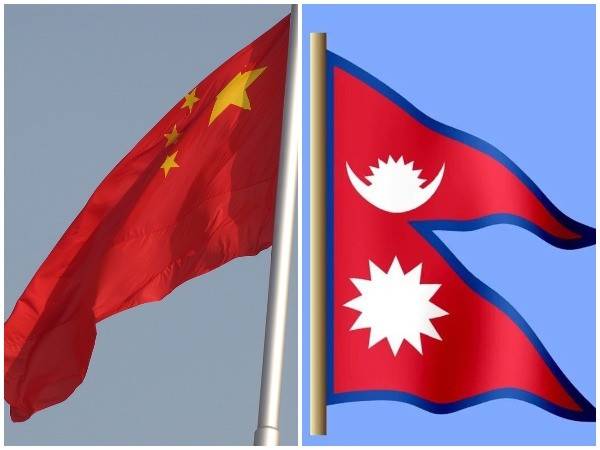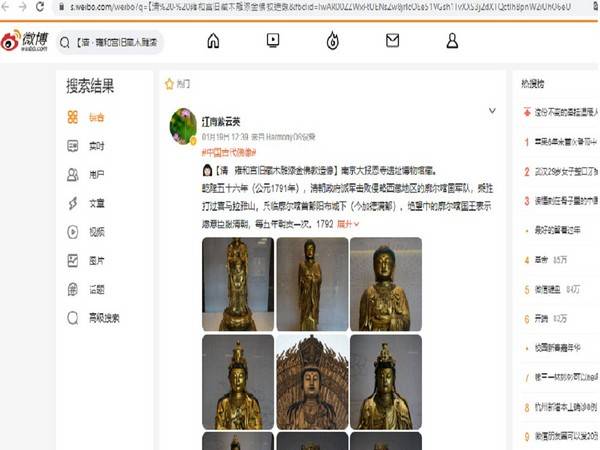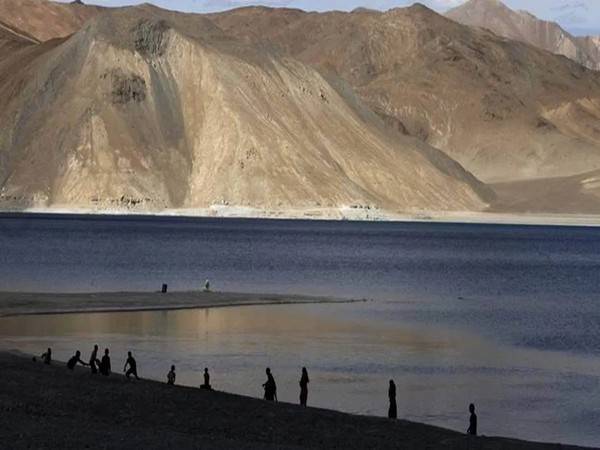The claims in Chinese social media have also wrongly portrayed the Sino-Gorkha war also called the ‘Campaign of Gorkha’ by the Chinese sides…reports Asian Lite News
A news article at weibo.com, China’s own social media, has wrongly portrayed the five-year-long ‘Sino-Gorkha war’ about the trade dispute as an invasion of the Chinese Qing dynasty into the Kathmandu valley in 1792.
It is a well-known fact that Nepal has never been under invasion by any foreign countries. But, the social media post has wrongly mentioned the war between two countries and accused the then King of Nepal of immediately submitting before the Qing Dynasty.
A report by pardafas.com said, “It did not even mention which Nepali King did so, because the war was led by a warrior prince Bahadur Shah while there was Rana Bahadur Shah on the throne”.
The claims in Chinese social media have also wrongly portrayed the Sino-Gorkha war also called the ‘Campaign of Gorkha’ by the Chinese sides. The war, in fact, was initiated by the Nepali side against the Tibetan unscrupulous rulers who foul-played and did not use quality coins in the trade done between the two countries. However, Tibet was occupied by the Qing dynasty in China and Nepal had to fight the oppressive Qing.

Regarding this fact, the social media in the Chinese language reads, “Taking advantage of the victory (over Tibet), they (Qing) crossed the Himalayas and approached the city of Yangbu, the capital of Gurkha (now Kathmandu). The desperate Gurkha king expressed his willingness to submit to the Qing Dynasty and pay tribute every five years.”
The investigative portal said, “This classic example of fake news which was first shared by a person called Jiangnan Ziyunying is being circulated on various other platforms. This is not verified by the people in social media because no Nepali Kings have submitted themselves to the Chinese dynasty nor they have come down to the valley in a bid to invade the Kathmandu valley. However, it is true that in 1792, there was a treaty signed between two countries where Nepali agreed not to interfere in Tibetian affairs and the Chinese side allowed easy and free access to Tibet for trade”.
In the good faith of the treaty, Nepal and China had then paid tribute to each other presenting valuable gifts to each other. But, this fact has been twisted, saying the artefact in the picture was gifted by the Nepali as a sign of accepting the rule of the Qing dynasty in Nepal.
Pardafas could not verify facts about the statue of Sakyamuni in lacquered sandalwood which was supposedly handed over to Emperor Qianlong by the Nepali King. (ANI)













